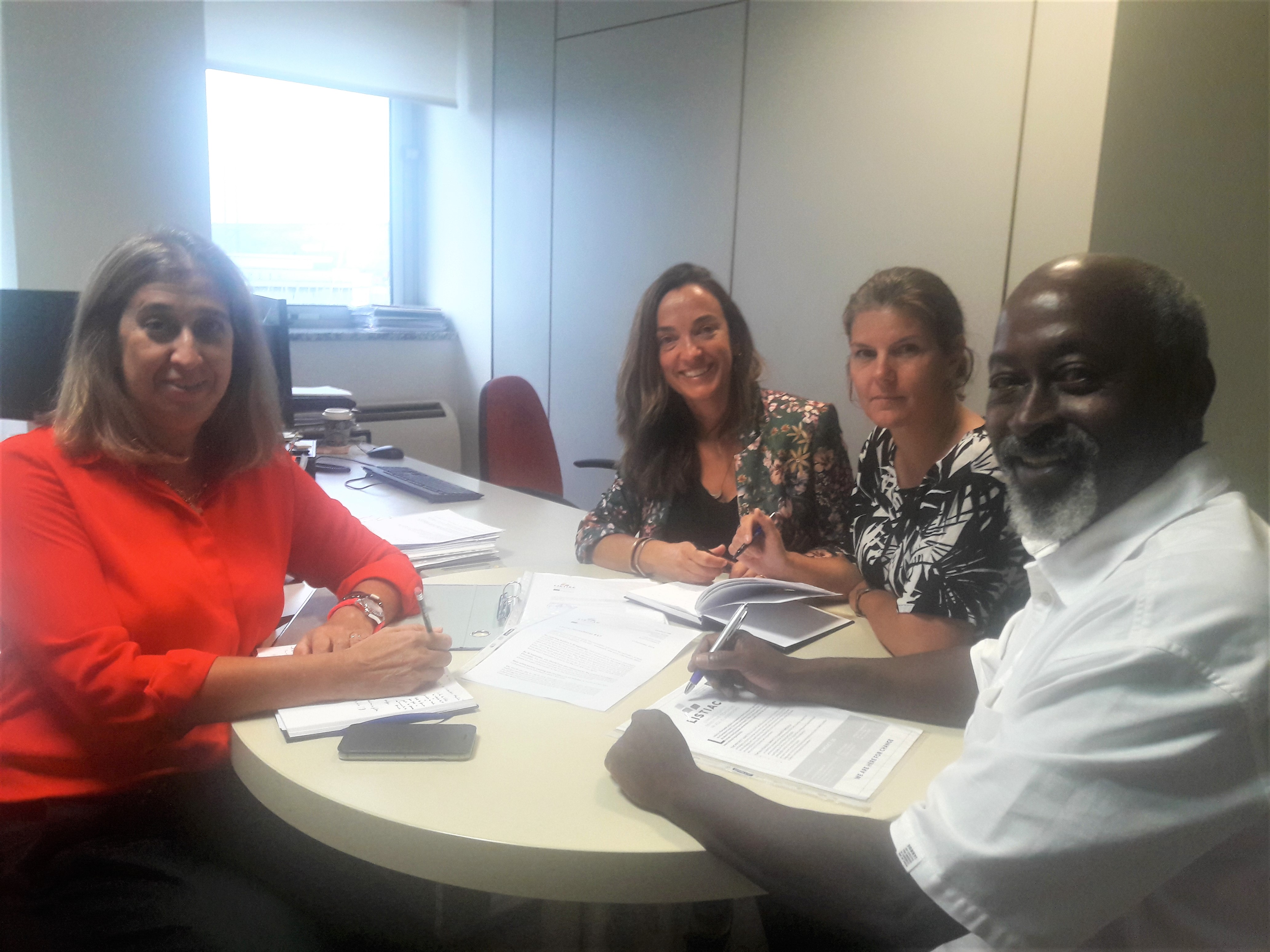It all started in January 2018. The Policy Experimentation Call for Proposals joined several countries interested in the alignment of inclusion, education and multilingualism. On that cold day at the EU headquarters in Brussels, one fruitful coffee-break gave birth to the partnership that would later be the Listiac Project.
The Directorate-General for Education (DGE) in Portugal is an organism from the Ministry of Education (ME). It is in charge of implementing legislation and education policies from pre-school to upper secondary education, specialising in curriculum development. At the Directorate-General for Education, the daily activity (between a cup of coffee, two meetings and hundreds of emails to reply) includes a lot of discussion about how to effectively contribute to the inclusion and quality education of all students, enabling the sensitive use of different languages in the classrooms.
The DGE were challenged to take part in the Policy Experimentation Call, since it appeared to be a chance to tackle the growing linguistical and cultural diversity in Portuguese schools and to better align the policy of integrating foreign students with the new Inclusion Law (DL 54/2018, 6th July). The DGE also has experience of European partnership within the Erasmus+ programme.
Within the Listiac project, fostering linguistically sensitive teaching, the DGE gets the opportunity to support Portuguese schools integrating non-native students, respecting and valuing their linguistical and cultural differences on an intercultural approach, by assuring equal conditions to all the students so that they achieve educational success, regardless of their first language, culture, social background, origin and age. Listiac meets the core of the main curriculum reference document in Portugal, the Students’ Profile by the End of Compulsory Schooling, which, besides comprising academic competence areas, is also humanistic-based, values diversity and inclusion so as to create responsible and engaged citizens.
Thus it is the Ministry of Education’s goal to connect the Listiac project team with relevant stakeholders and assist with the dissemination at a national and regional level in Portugal. The long-term aim is to develop multilingual policies on both the national level and in transnational cooperation. The intention is to work hard on providing a quality education valuing linguistic sensitive teaching in all classrooms so that every student feels included and encouraged to learn better.



